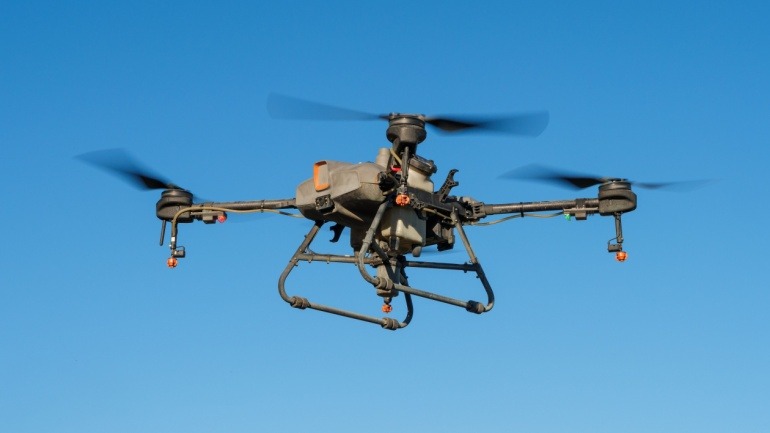Development Capital has announced a €6 million investment in Internet Protocol Telecom Limited (IP Telecom), a leading Irish provider of cloud-based voice over internet protocol (VoIP) and unified communications telephony services to SME & Enterprise customers in Ireland. The minority investment will be used to accelerate the company’s organic and acquisitive expansion plans in the business telephony sector, with intention to increase annual revenues from a forecast of €6m in 2023 to €11m in FY2024. The investment in IP Telecom brings Development Capital’s total investments in Irish SME’s to €100m since 2013.
As companies globally adopt innovative strategies, leveraging considerable commercial benefits from their 5G investments is at the forefront. Pioneered by Chinese service providers, the paradigm shift towards traffic value-based operations has significantly enhanced revenue. Unique 5G experiences such as ultra-high speed and low latency have unlocked new function scenarios, exemplified by the booming live broadcast industry in China. Meanwhile, European and Middle East counterparts effectively implement rate-based charging models, showcasing the versatility of the 5G platform. This status quo suggests that as we advance, the necessity to adapt traffic value-oriented operations for effective monetization becomes paramount, opening new revenue vistas and novel business models.
Italy’s Ministry of Enterprise proposes €1.5 billion in support for the nation’s telecom sector, including tax breaks and funding for fiber upgrades, potentially revitalizing the struggling industry and fostering a competitive environment.
Two of the main key players in South African mobile operators, MTN and Vodacom, have shown interest in investing in the Ethiopian company Ethio Telecom. Both companies have invested in many countries on the continent. Ethiopia was not one of them as the government wanted to keep this sector under its control. But their policy is changing and they have decided to consider opening Ethio Telecom’s capital to investors. According to MTN, “Ethiopia presents many exciting telecommunication opportunities and we look forward to further discussions with that nation’s authorities on potential partnerships and opportunities.” and Vodacam stated that it “has said on many occasions that Ethiopia is an attractive market so it follows that there would be interest. Naturally this is dependent on what might become available and if it fits within our investment parameters.” Abiy Ahmed, Ethiopian new Prime Minister, came to power with promises of reforms. This policy…
Edgnex, backed by the Damac Group, is investing $2.3 billion in a major AI data center in Jakarta. With a planned 144MW capacity and a focus on energy efficiency, the project strengthens Indonesia’s digital infrastructure and marks a key move in Edgnex’s $3 billion Southeast Asia expansion strategy.
Rakuten Symphony and AT&T have strengthened their collaboration to boost Open RAN technology adoption in the US. By implementing Rakuten’s site management platform, AT&T aims to modernize its network infrastructure, streamlining mobile and fiber operations.
OpenAI is advancing AI infrastructure in India through its ‘OpenAI for Countries’ initiative, aiming to enhance regional capabilities. Collaborating with Indian officials and the Ministry of Electronics and Information Technology, OpenAI seeks to replicate success achieved in the UAE.
Deutsche Telekom is investing in the EU’s IRIS2 satellite project to build a cutting-edge multi-orbital communication constellation. This initiative will enhance Europe’s digital infrastructure, reinforcing technological sovereignty with advanced IT, secure networks, and 5G.
Brookfield Asset Management is investing SEK 95 billion in AI infrastructure in Sweden, marking one of its largest European AI ventures. This initiative includes a new AI facility in Strängnäs that will double data center capacity and create over 1,000 jobs.
Nokia leads the EU-backed Proactif project, tapping drones and robotics for infrastructure monitoring across Europe. With 43 organizations from 13 countries involved, and notable partners like Nvidia, the aim is revolutionizing surveillance of power grids.













